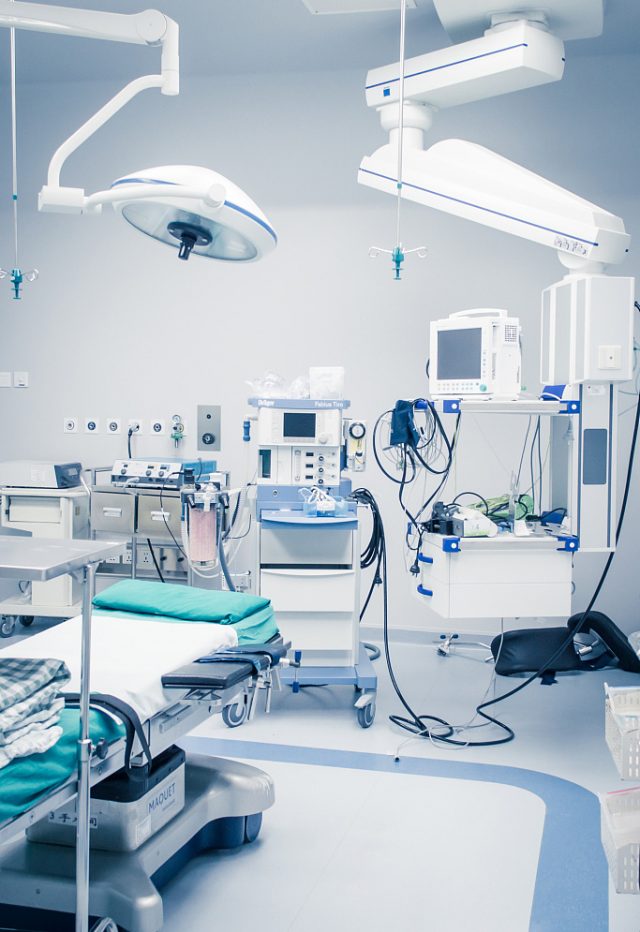What is silicone cable?
Silicone cable, or silicone insulated wire, is insulated with silicone, offering high temperature resistance and excellent flexibility. It finds extensive application in the medical field due to its stable electrical properties, exceptional aging resistance, and good biocompatibility.
A significant advantage of silicone sheathed cables is their wide temperature range. They can endure temperatures from -67°F to 400°F, also known as high temperature silicone cable.

Is silicone rubber cable better than PVC wire?
In fact, ordinary medical wires will also choose medical-grade PVC and medical-grade TPU as outer covers.But in medical environments, sterilization is crucial for items in direct contact with patients. High-pressure sterilizers, which subject items to extreme temperatures, are commonly used to eliminate any bacteria, viruses, fungi, and spores. Additionally, medical-grade wires require frequent cleaning and disinfection procedures to ensure the absence of residual pathogens. In such scenarios, silicone cable becomes a preferred option due to its excellent chemical resistance, high-temperature resistance, and elasticity, enabling it to withstand repeated cleaning, sterilization, and disinfection, unlike PVC wire.
What are the advantages of medical silicone cable?
Apart from ①excelling in extreme temperature performance and ②being highly elastic (ultra-flexible silicone wire), the primary advantage of medical-grade silicone is its excellent biocompatibility, meeting standards such as cytotoxicity testing and sensitization experiments outlined in DIN EN ISO 10993-5.
YQF cable stands as a leading manufacturer of diverse cable and wire products, recognizing the significance of material selection in the medical equipment market. Our array of medical-grade silicone wires showcases remarkable mechanical performance, rendering them the optimal selection for crafting premium medical components.
The challenges faced by medical cables today
The current landscape of highly sensitive equipment and environments with stringent hygiene standards imposes distinct requirements on cable designs. Besides being adaptable to tight spaces (where smaller OD requirements are often preferred), key requisites encompass:
- Ease of handling
- Unwavering reliability
- Enhanced safety features
- Compatibility with autoclaving processes
In medical settings, devices are frequently tasked with multifaceted functions. For instance, patient monitoring systems necessitate simultaneous assessment and delivery of diverse measurements like electrocardiography, blood pressure, SpO2 levels, and temperature. Similarly, dental equipment involves not only power but also conduits for air and water flow.
YQF’s bespoke medical cables offer solutions for various scenarios, including space-saving designs and cost-effective options. Examples include combination cables, flat cables, dual silicone cables for simplified wiring, and coil cables.
Optimization method for medical silicone cable
Silicone cables are known to attract dust and sticky substances, but our company has developed unique technology to address this issue effectively. If silicone cables accumulate dust, we are undoubtedly the most professional experts to handle the situation. We offer three techniques to tackle dust accumulation:
- Coating: Applying a special coating to the cable surface creates a smooth texture that repels impurities while maintaining biocompatibility.
- Surface treatment: Using tactile oil is a more cost-effective solution compared to coating.
Our medical-grade silicone cables are designed with a structure that ensures maximum mechanical flexibility, extreme tensile strength, optimized tactile sensation, sterilizability, and biocompatibility. For example, they meet standards such as cytotoxicity testing and sensitization experiments outlined in DIN EN ISO 10993-5.
